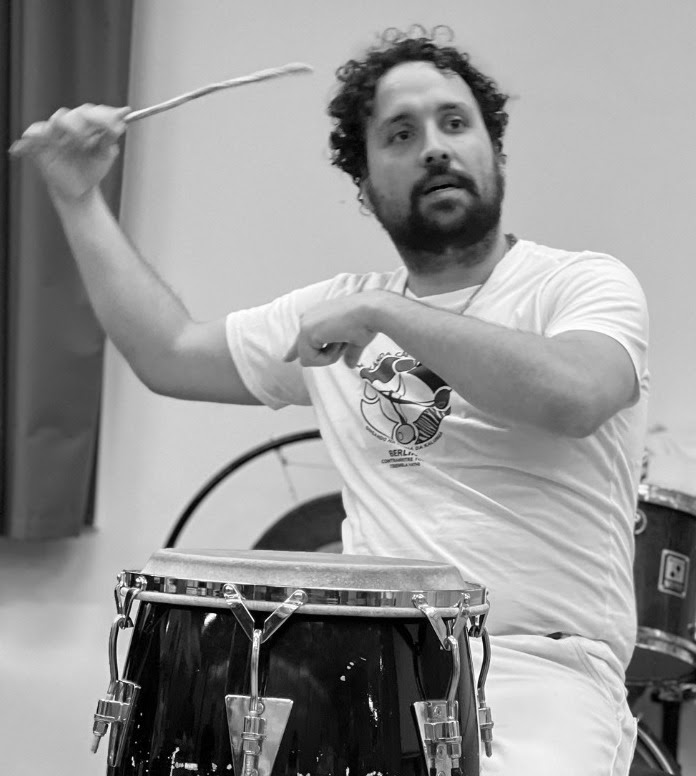This panel proposes to discuss the concept of decoloniality and its pragmatic implications, taking into account its relevance in the current context of globalization and neo-colonialism. We recognize the valuable contribution of decoloniality to promoting diversity and confronting the colonial legacies that are still pervasive in Western institutions. However, we also recognize the need for a careful analysis of the limitations of this approach and any potential weaknesses we have encountered along the way. Based on a critical review of the literature, sharing of research processes and results, and accounts of experiences in the field, we will address the various perspectives on the impacts of this concept on African societies and institutions and how these, in turn, have impacted the entire planet. Our aim is to promote an open and inclusive dialogue that recognizes both the advances and the difficulties in applying the idea of decoloniality. Through a collaborative and respectful approach, we hope to identify pathways for an even more effective and responsible implementation of decoloniality in academic practice. In this way, we seek to contribute to a deeper and more complex understanding of the dynamics of power and the various human vectors of the different elements of the social machinery that influence and are mutually influenced by the different perspectives of decolonization. Is it too early to think about a self-critique of decoloniality? Would it be too late? How do we evaluate the achievements of decolonial movements within academia? What are the impacts of academic decoloniality on society? How can we measure the effectiveness of this decolonization process? Does the efficiency and speed of decolonization match the intensity and perversity of the mechanisms for maintaining and sophisticating neo-colonial exploitation? How can we gauge the correlation of strength between these two vectors (decoloniality versus neo-colonialism)? How can we overcome the difficulties and limitations of decoloniality in the face of the appalling scenario of absolute global unsustainability (climate change, wars, migratory crises, ethnic cleansing, etc.)? Among all these reflections, what particularities does Africa have in relation to other territories affected by the same problems? Researchers willing to answer some of these questions and other reflections stemming from them are invited to present their reports, points of view and reflections in this panel. To apply, there are no pre-established requirements regarding discipline, line of research, academic degree or length of experience. The proposal is precisely to organize the most plural and fruitful dialogue possible.

20. The self-criticism of decoloniality: challenges, limitations and prospects
Kamai Freire
UNESCO Chair on Transcultural Music Studies
Bibliografía
Agawu, Kofi. Tonality as a Colonizing Force in Africa. 2016
Asante, M. K. Afrocentricity: The theory of social change. African American Images. 2003.
Fanon, Frantz. “French Intellectuals and Democrats and the Algerian Revolution”. Toward the African Revolution. 1954.
Mignolo, Walter. “Local Histories/Global Designs: Coloniality, Subaltern Knowledges, and Border Thinking”.
Grosfoguel, Ramón. “Decolonizing Post-Colonial Studies and Paradigms of Political-Economy: Transmodernity, Decolonial Thinking, and Global Coloniality”.


